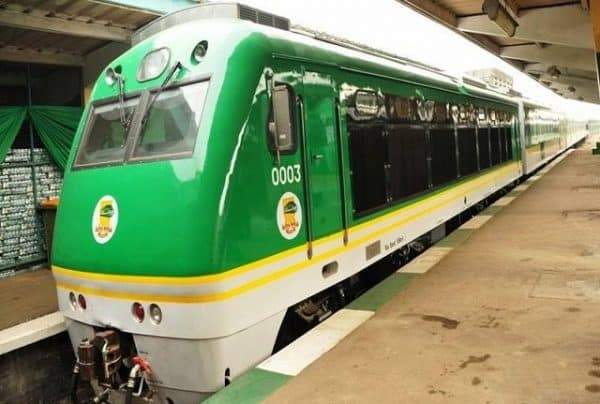The Nigerian government has allocated a staggering $62.66 million to service its railway-related debts in the first quarter of 2023, as revealed by the Debt Management Office’s report on external debt service payments. The funds were used to address various railway projects across the country.
Specifically, the Nigeria Railway Modernisation Project (Idu-Kaduna Section) accounted for $23.1 million of the total debt servicing expenditure. This project aims to enhance the efficiency and connectivity of the railway network in the Idu-Kaduna region.
Additionally, the Nigeria Railway Modernisation Project (Lagos-Ibadan Section) incurred $15.49 million in debt servicing costs. This particular project focuses on upgrading and expanding the railway system between Lagos and Ibadan, two major cities in Nigeria.
The Nigeria Abuja Light Rail Project, another significant endeavor, consumed $24.07 million in debt servicing. This rail project seeks to provide a modern and efficient transportation system in the nation’s capital, Abuja.
The allocation of such substantial funds to the servicing of railway debts underscores the government’s commitment to the development and improvement of the country’s railway infrastructure. By investing in these projects, the government aims to stimulate economic growth, enhance transportation accessibility, and create employment opportunities for Nigerians.
The Nigerian railway system plays a crucial role in facilitating the movement of goods and people across the country. Upgrading and expanding the network is vital for promoting trade, attracting investment, and fostering socio-economic development.
As the government continues to prioritize railway modernization, it is expected that further investments will be made to address other key railway projects in different parts of Nigeria. This ongoing commitment signals the government’s dedication to enhancing the nation’s transportation sector and fostering sustainable development.
However, it is essential for the government to ensure prudent financial management and accountability in the execution of these projects. Transparency and effective oversight will help to minimize the risk of mismanagement and ensure that the allocated funds are utilized efficiently and effectively.
As Nigeria strives to improve its railway infrastructure, it is crucial to strike a balance between economic development and debt sustainability. The government must carefully assess the financial implications of these projects and explore strategies to mitigate any potential adverse effects on the country’s overall debt profile.
The successful implementation of these railway projects will not only boost Nigeria’s transportation sector but also contribute to the overall economic growth and development of the nation. It is vital for the government to leverage these investments to maximize the benefits for all Nigerians and ensure a sustainable and prosperous future.
